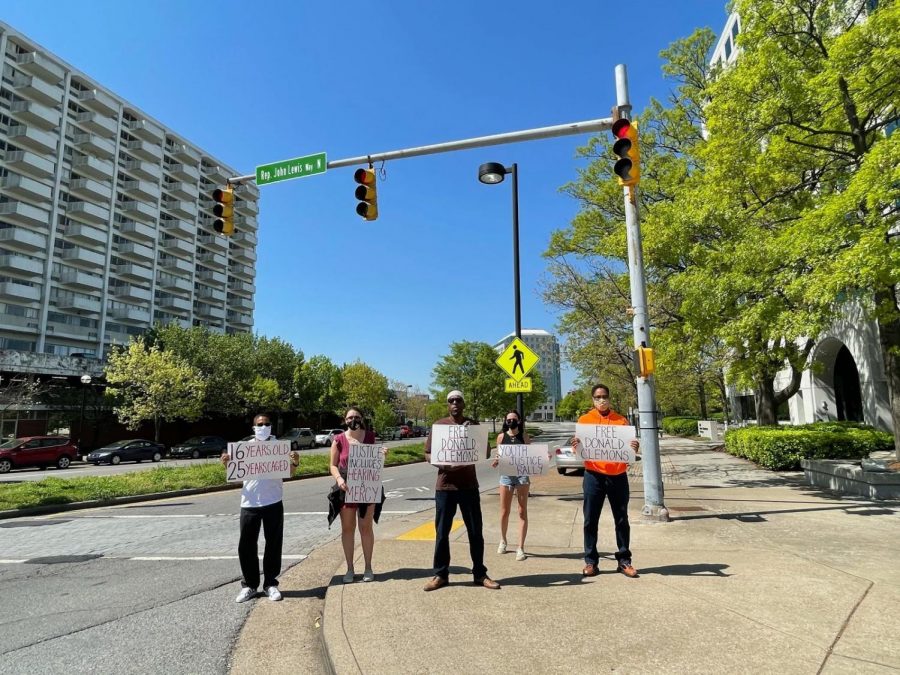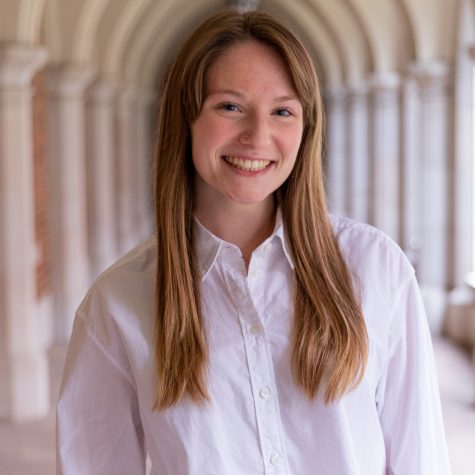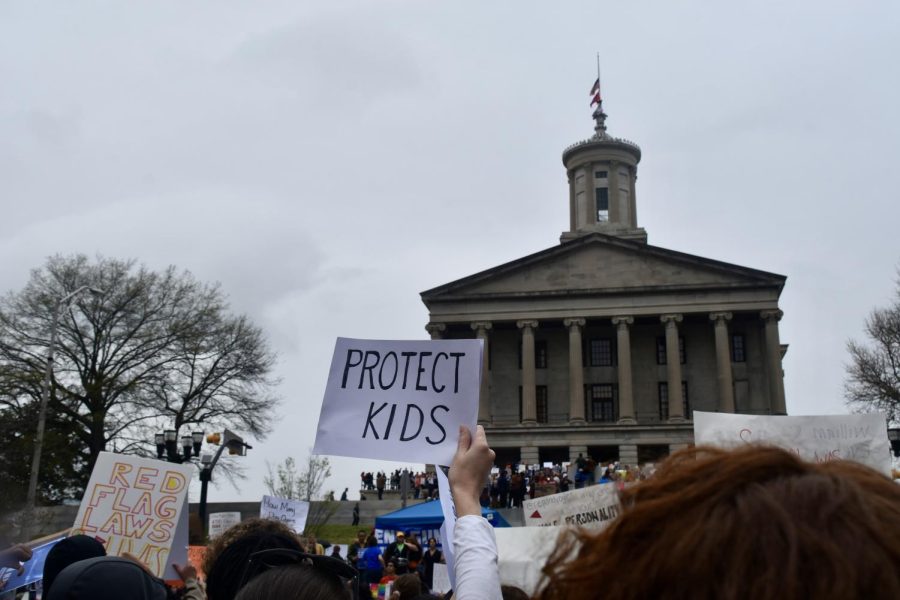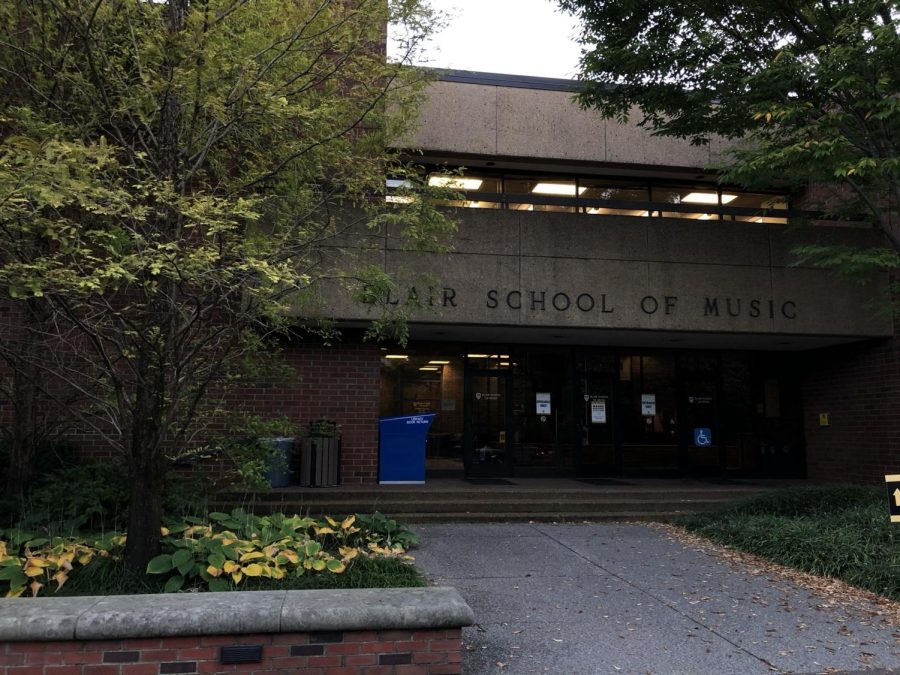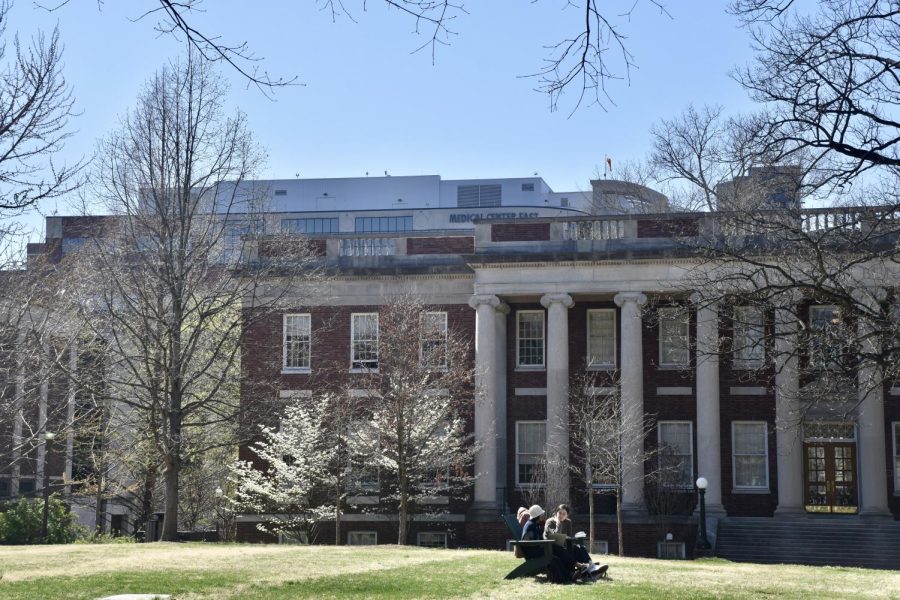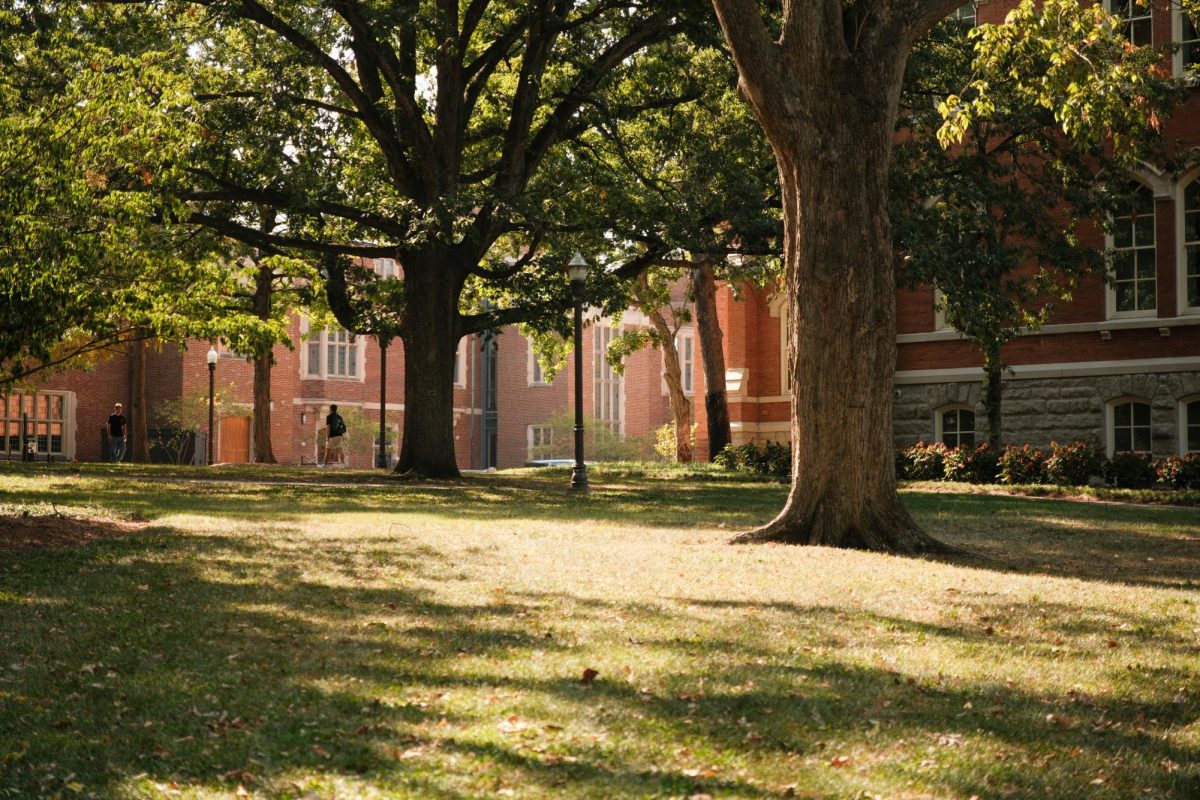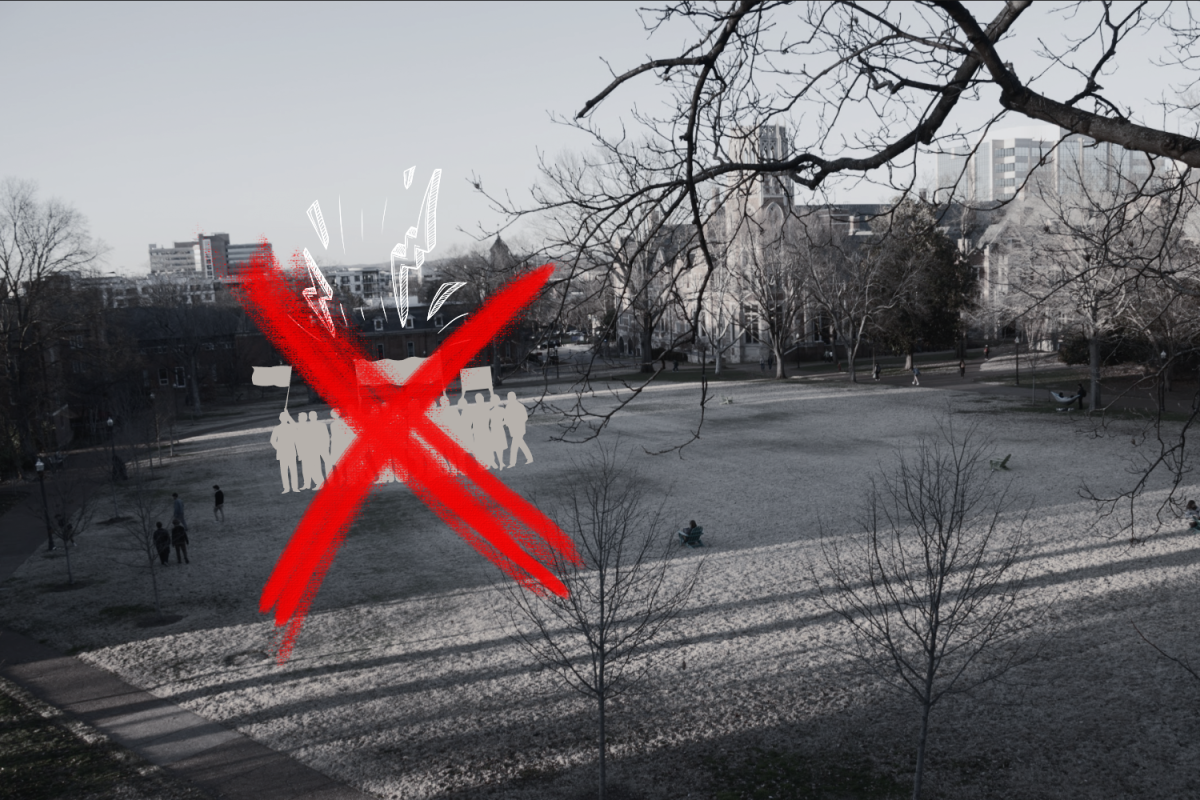Members of the Vanderbilt Prison Project (VPP) gathered outside the Tennessee Board of Parole building on April 12 to advocate for the release of Don Clemons. Clemons has spent the past 23 years in prison and appeared in front of the parole board for a sixth and last time on April 13.
VPP Co-president Sriya Nemani said members of VPP learned on April 16 that Clemons was granted parole and would be released soon.
“We’re just so happy that Don gets to be on the outside and that he’s no longer caged,” Nemani said. “He gets to move forward with his life.”
In 1996, Clemons participated in a robbery in which a homeowner was killed. Clemons had turned 16 four days before the incident. VPP’s “Free Don and Shawnda” website has compiled research on Clemons’s case and a similar case involving Shawnda James. It states that Clemons was not a critical participant in the crime because he did not plan the crime, carry a weapon or drive the getaway car. According to the site, Clemons was also not present in the room at the time of the murder. In 1998, Clemons agreed to a plea deal and pled guilty to second-degree murder and aggravated robbery. Nathan Guzman, a senior and member of VPP’s research committee, said that the plea deal gave Clemons 25 years in prison.
“It’s all relative because once you’re told you could face life in prison, 25 years doesn’t seem so bad,” Guzman said. “He was a child and was put in a position to sign away his life.”
While in prison, Clemons has worked to rehabilitate himself by completing his General Educational Development (GED) and taking courses from multiple universities, including Vanderbilt, according to the Free Don and Shawnda campaign website. The website also states that Clemons has worked with organizations to help others with the rehabilitation process. In 2005, he co-founded Project New Beginning with Rahim Buford, the founder of Unheard Voices Outreach (UVO), which works to amplify the voices of incarcerated individuals.
In 2011, Tennessee Governor Phil Bredesen reduced both Clemons’s and James’s sentences, making Clemons eligible for parole in 2012. Since then, Clemons has appeared in front of the parole board six times. Only during the most recent appearance was Clemons granted parole.
Guzman said that the Board of Parole has justified keeping Clemons in prison since 2011 based on the seriousness of the offense.
“How could you ever expect someone to be rehabilitated if you just continue to push off their release because of the seriousness of offense?” Guzman said. “The seriousness of the offense is never going to change, so it’s almost like there’s not even an expectation for rehabilitation, and I think that’s something that needs to change going forward.”
As part of VPP’s efforts to advocate for Clemons’s release, members of the research committee contacted lawmakers and asked for their support. A member of VPP’s community education committee, emailed Tennessee State Representative Bo Mitchell asking him to endorse Clemons’s parole, per the committee’s co-chair Claire Davis. According to Davis, Mitchell said that he was familiar with the case and was unaware that Clemons was still in prison. Mitchell wrote a letter to the Board of Parole which included the signatures of other lawmakers. Nemani said that Mitchell’s actions had a significant effect on the outcome of Clemons’s hearing.
“I think that it had enormous weight, having a lawmaker who is currently holding office write in support of Clemons’s parole,” Nemani said.
Leading up to Clemons’s sixth parole hearing, VPP organized a letter-writing campaign to get the attention of current Tennessee Governor Bill Lee. On April 5, VPP hosted an event outside Sarratt Student Center on Vanderbilt’s campus, where over 200 physical letters supporting Clemons’s parole were signed by Vanderbilt students. Nemani said the letters were then sent to the governor’s mailroom ahead of Clemons’s parole hearing. The day before the hearing, several members of VPP, in partnership with UVO, organized a rally outside the parole building in downtown Nashville.
Guzman and Nemani said around 30 participants stood outside the Board of Parole office and then marched to City Hall. Nemani said the rally was COVID-19-safe, as all participants wore masks and remained socially distant. Guzman added that protestors carried signs reading “Free Donald Clemons,” “Youth Justice Rally” and “16 years old, 25 years caged.”
“The main purpose of the rally was to show solidarity and show the parole board that the community supports Clemon’s release,” Guzman said.
According to Davis, the protest lasted from 11 a.m. to 2 p.m. CDT, who also helped organize the rally by making signs.
“It was cool to be able to have an outlet and it was a really positive experience,” Davis said.
Buford, who became friends with Clemons while the two were in prison at the same time, was also at the rally. He said he first contacted VPP in 2019 about partnering to advocate for Clemons’s release. At that point, Buford had already been working with VPP on Cyrus Wilson’s case. According to Nemani, about 300 Vanderbilt students marched downtown to advocate for Wilson’s release before his parole hearing in the spring of 2019. When Wilson was not released, VPP planned a second “Free Cyrus Wilson” event in the fall of 2019, which Guzman attended.
“It was cool because Cyrus ended up being released in the fall and he came and spoke at an event with us after that,” Guzman said.
Buford said that VPP reused many of the ideas from the Cyrus Wilson campaign and in the Free Don and Shawnda campaign.
Davis said that VPP is hoping to financially support Clemons after his release. Buford stated that he plans to personally donate $500 to help Clemons and that UVO will also be donating to the cause.
VPP is also working on a campaign to free James, who is not up for parole again until 2022. Buford said that UVO plans to continue working with VPP moving forward.
“Vanderbilt students come out when it’s time to show up, and that is what you almost always need whenever you’re involved in societal change,” Buford said.
Nemani added that VPP is working on a divestment campaign investigating Vanderbilt’s involvement in the private prison industry. They plan to continue hosting educational events, such as awareness weeks, book clubs and other local partnerships.
“We have a responsibility as Vanderbilt students to use the prestige and power associated with the Vanderbilt name to make change happen,” Nemani said.

